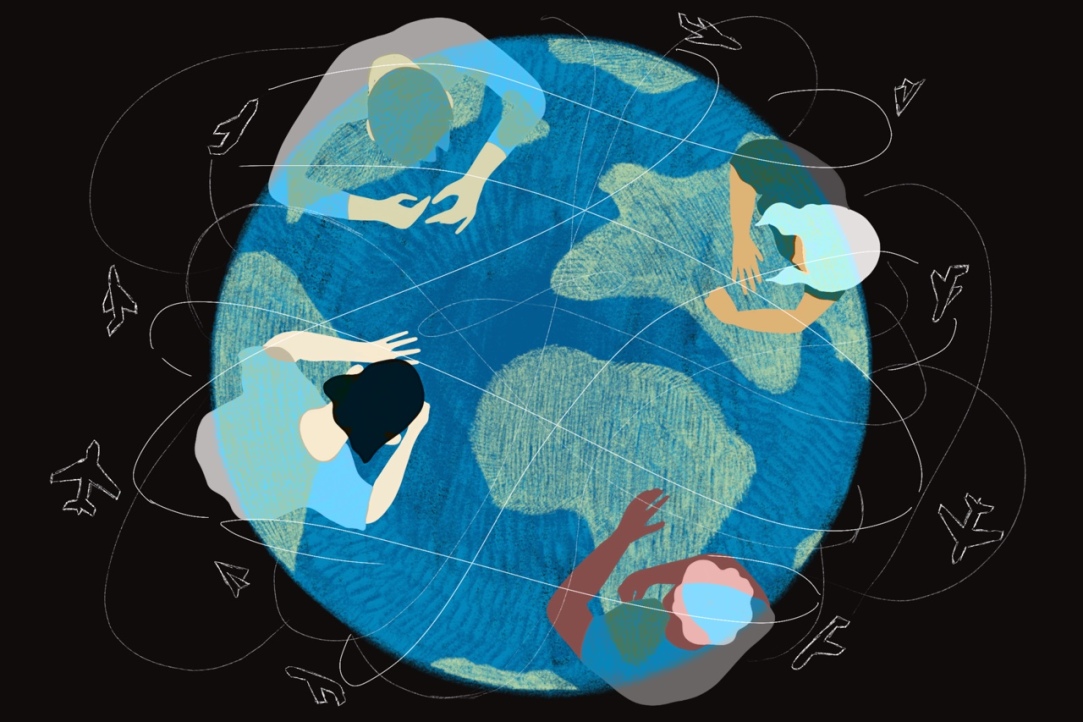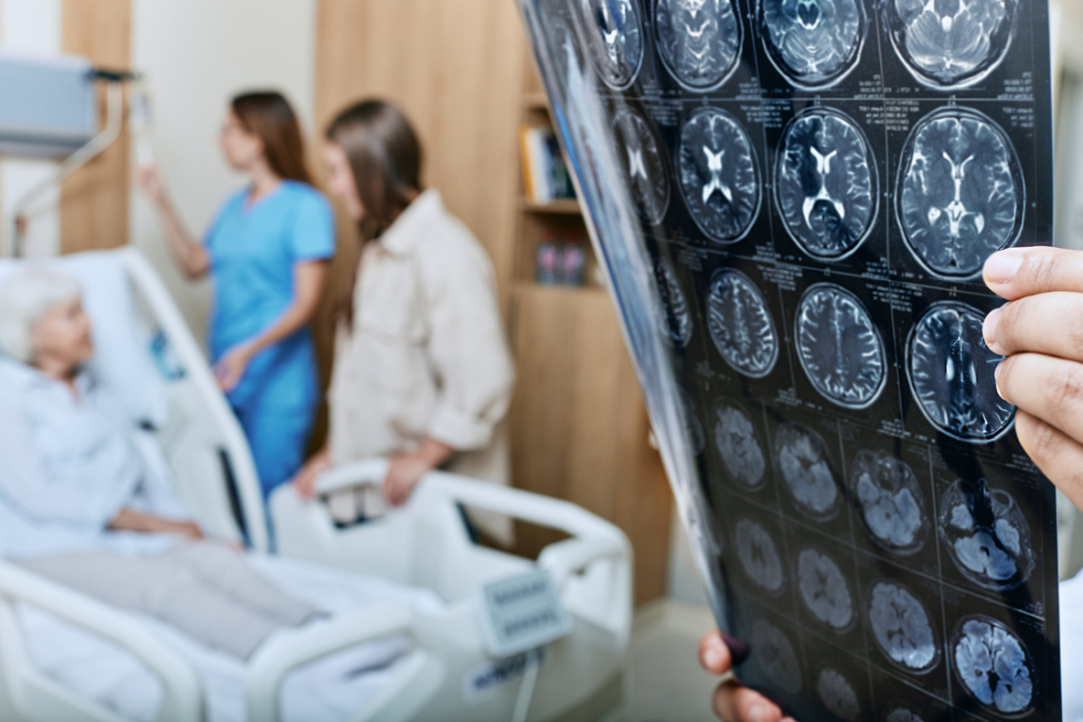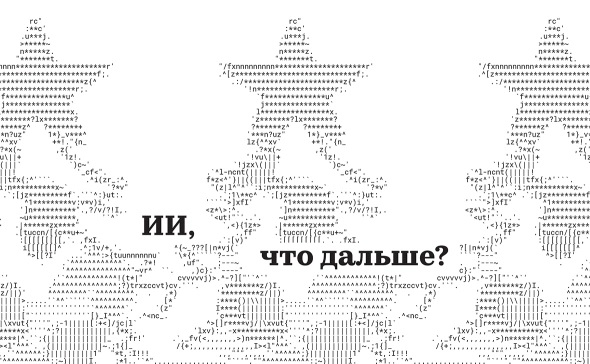
HSE University to Reward Students Who Write Their Thesis Using AI
HSE University has launched a competition for solutions using artificial intelligence technology in theses work. The goal of the competition is to evaluate how students use tools based on generative models in their 2024 graduation theses (GT).

HSE University to Reward Students Who Write Their Thesis Using AI
HSE University has launched a competition for solutions using artificial intelligence technology in theses work. The goal of the competition is to evaluate how students use tools based on generative models in their 2024 graduation theses (GT).

Neural Network Developed at HSE Campus in Perm Will Determine Root Cause of Stroke in Patients
Specialists at HSE Campus in Perm and clinicians at Perm City Clinical Hospital No. 4, have been collaborating to develop a neural network capable of determining the root cause of a stroke. This marks the world's first attempt to create such a system, the developers note.

AI Assists with Fact-Checking: HSE Scientists Streamline Information Verification
Specialists at the HSE AI Research Centre have developed an AI-powered fact-checking assistant. This software solution will improve the quality of working with information, reduce the risks of errors and biases, and save both time and resources. A notable advantage of the program lies in its capability to process a wide variety of statement types.

Neural Networks of Power: AI Unravels Knots and Tangles in Relationships between Humans, Elves and Hobbits
One of the most popular writers of the last century, John Ronald Reuel Tolkien, was born on January 3rd. Researchers from HSE University, AIRI and MISSIS have used machine learning to explore the social connections between the characters of his Middle-earth universe. The algorithm managed to create an accurate picture of the social structures and dynamics of the characters' relationships, providing a unique map of interactions in the epic world. The results of the work were published in IEEE Xplore.

What Will 2024 Be Like? The Forecast by iFORA
RBC journalists decided to ask Russian artificial intelligence systems what 2024 will be like. Four leading Russian companies and HSE University took part in the project. The questions were answered by the iFORA big data intelligent analysis system developed by HSE ISSEK.

